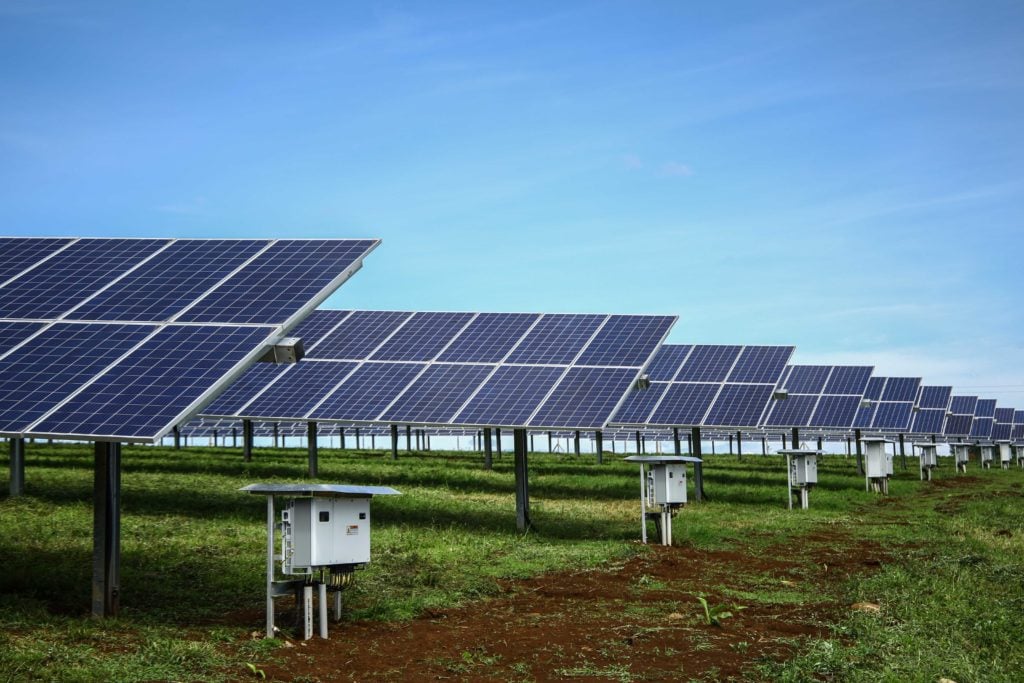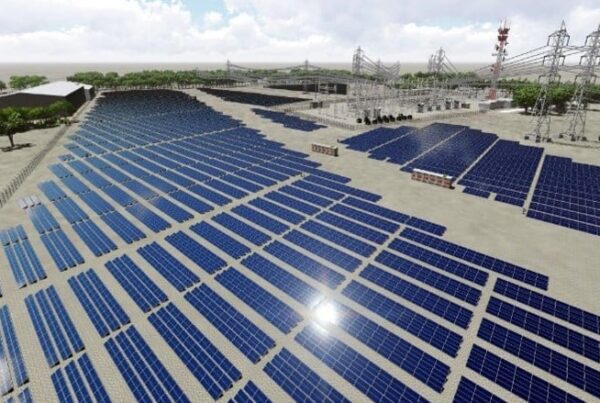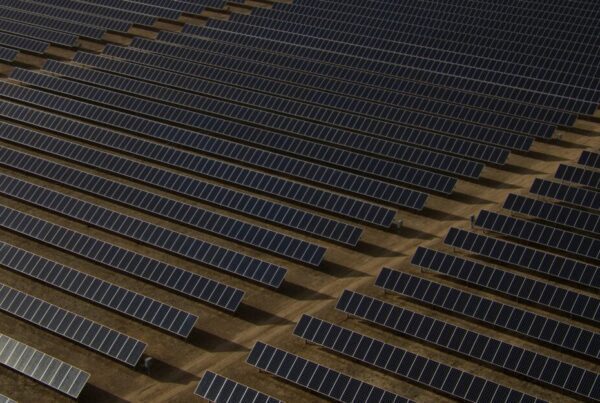

Kenyan solar power company Sun King and investment bank Citi have partnered on a US$130 million securitisation deal, to better improve access to solar panels for those living off the Kenyan power grid.
The deal enables customers in Kenya to purchase Sun King products on credit, with up-front costs covered by Citi and five other investors, including UK development finance institution British International Investment and Absa Kenya, a bank based in the country.
Sun King, which predominantly produces solar-powered lights and domestic devices for use in off-grid homes, is optimistic that agreements such as this will help improve access to electricity in Kenya. There is no shortage of power generation potential in the country, with the US International Trade Administration (ITA) estimating that geothermal power alone has the potential to provide 10GW of power, and Kenya has invested heavily in improving access to some of these reserves.
Between 2013 and 2018, Kenya Power, the country’s sole distribution company, improved access to the national grid from 26% of households to 77%, a dramatic and impressive improvement. Similarly, the Rural Electrification and Renewable Energy Corporation has increased the percentage of rural homes with access to the grid from 4% in 2006 to 32% in 2022.
However, “around a third” of Kenya’s installed capacity is operated by independent power producers (IPPs), according to the ITA, whose smaller, local operations are unlikely to be connected to the national grid. Access to electricity from these sources does not fall under the remits of organisations such as Kenya Power, and private companies, such as Sun King, are eager to fill this gap.
“Over one billion people live off the reliable electric grid (globally). This number is projected to rise,” said Sun King co-founder Anish Thakkar, drawing attention to the need to improve access to off-grid power in Kenya.
“This securitisation could be key to unlocking the extensive capital needed to fund solar energy initiatives at the scale the climate crisis requires,” Added Thakkar. “These trailblazing financial mechanisms can convert the global challenges of energy access, social development and climate action into compelling investment opportunities.”
The deal follows the launch of the African Renewable Energy Manufacturing Initiative in January this year, another project aiming to improve clean power generation and access on the continent.





